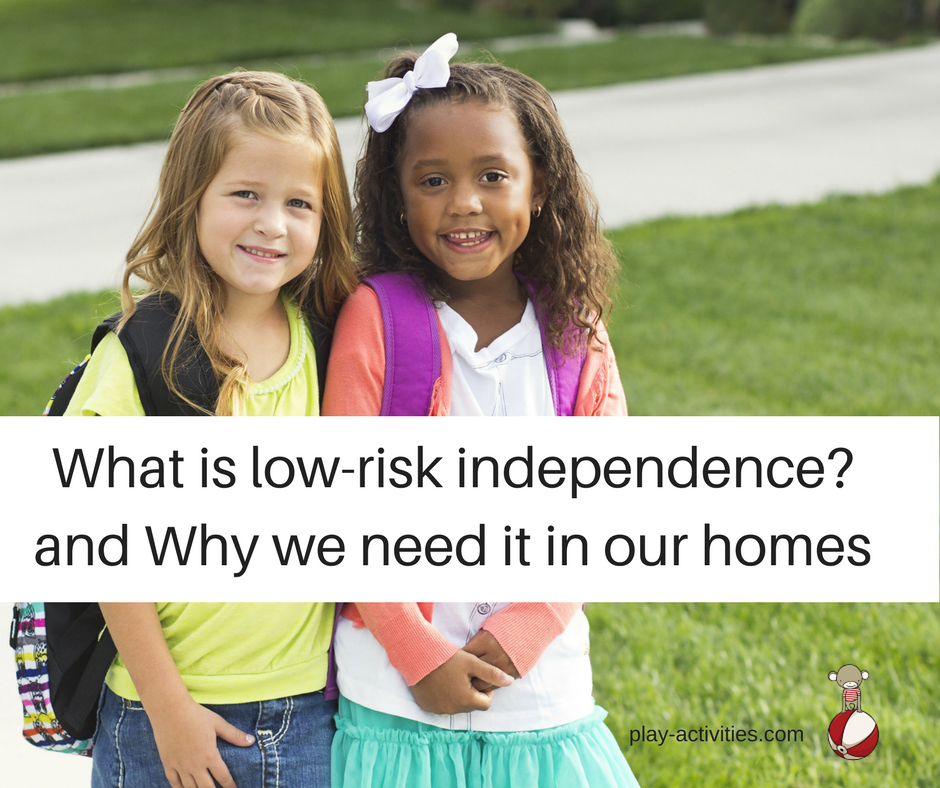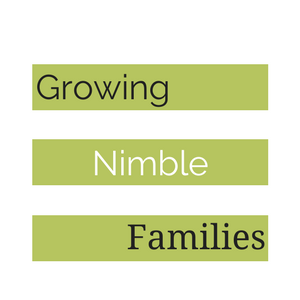Welcome to a series about encouraging independence in school-aged children. Parents know they should, but in an age of overprotective parenting, it’s just easier, quicker, safer- insert your word here too if we control it all. I hope we can take a fresh perspective to our ideas about independence during the school years. I’d welcome your feedback
 The journey from dependence to independence is rough for parents and children. It requires us both to take risks. What makes it difficult is that we both see the risks very differently.
The journey from dependence to independence is rough for parents and children. It requires us both to take risks. What makes it difficult is that we both see the risks very differently.
I leave you in the car to return the trolley in the supermarket and I’ve made a calculated risk. You decide to leave your friend’s house at the time you’re supposed to be at home means you’ll ride faster and may not be as careful. Both are risks but I believe my risk is better thought through.
We know that children have to experience risk and that there’ll be a lot of mistakes along the way before they get it right.
I think we skip that middle part, a lot.
It is going to take a lot of mistakes along the way. So here is the conundrum, how do we let children experience risk, fail and make mistakes in a society where it is so socially awkward to admit mistakes and failure? I think we do this through low-risk independence.
So here we are in the school age years a ripe time for increased independence. But are the children really getting reasonable risk and independence?Independence is more than just filling up a trust bank.
Independence is more than a trust bank.
If they make enough deposits into the trust bank then they get this magical independence. Most children have no idea how to make deposits of trust that is acceptable currency in their parent’s trust bank.
Questions to ask your children:
- What do you have to do for me to say that you can visit your friend at the top of the road by yourself?
- How did I know you were ready to be by yourself at home for 20 minutes?
I’ve often heard parents say, “I can’t trust him so how will I know he’ll do the right thing. He can’t be independent. I have to watch him otherwise, things will go wrong.”
Everyone starts from here. Children are dependent. They need us. Then soon enough they need us to teach them or step back enough so they can explore safely.
It’s the stepping back and the teaching that we often neglect in this school aged stage. Teach them how to stay home alone, for example. Take the time to share what to do over time depending on your child and their abilities. Some of your children are ready quickly and some need the step by step training. The best way I’ve found to do this is with low-risk independence.
Next: What is low-risk independence?










